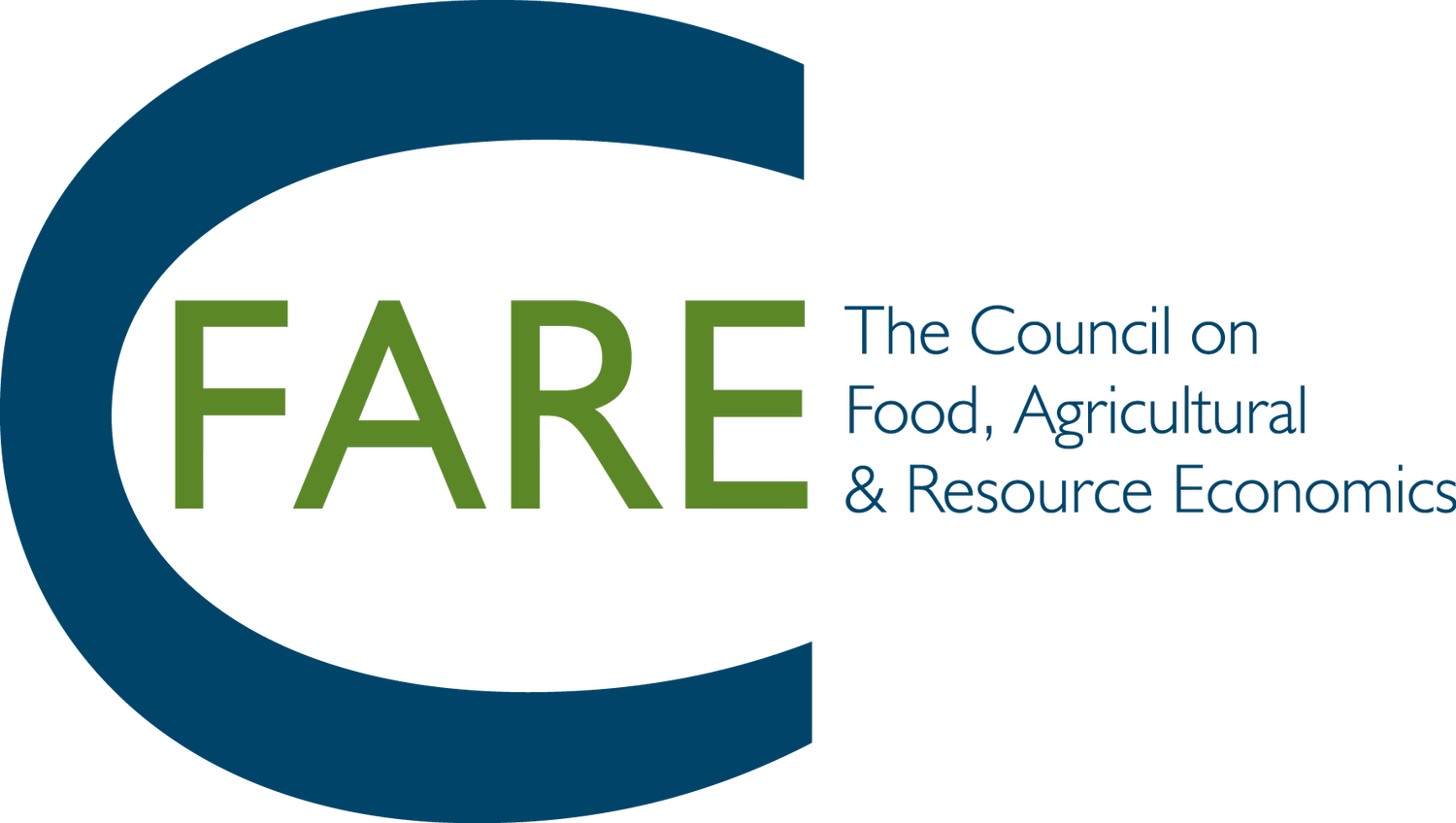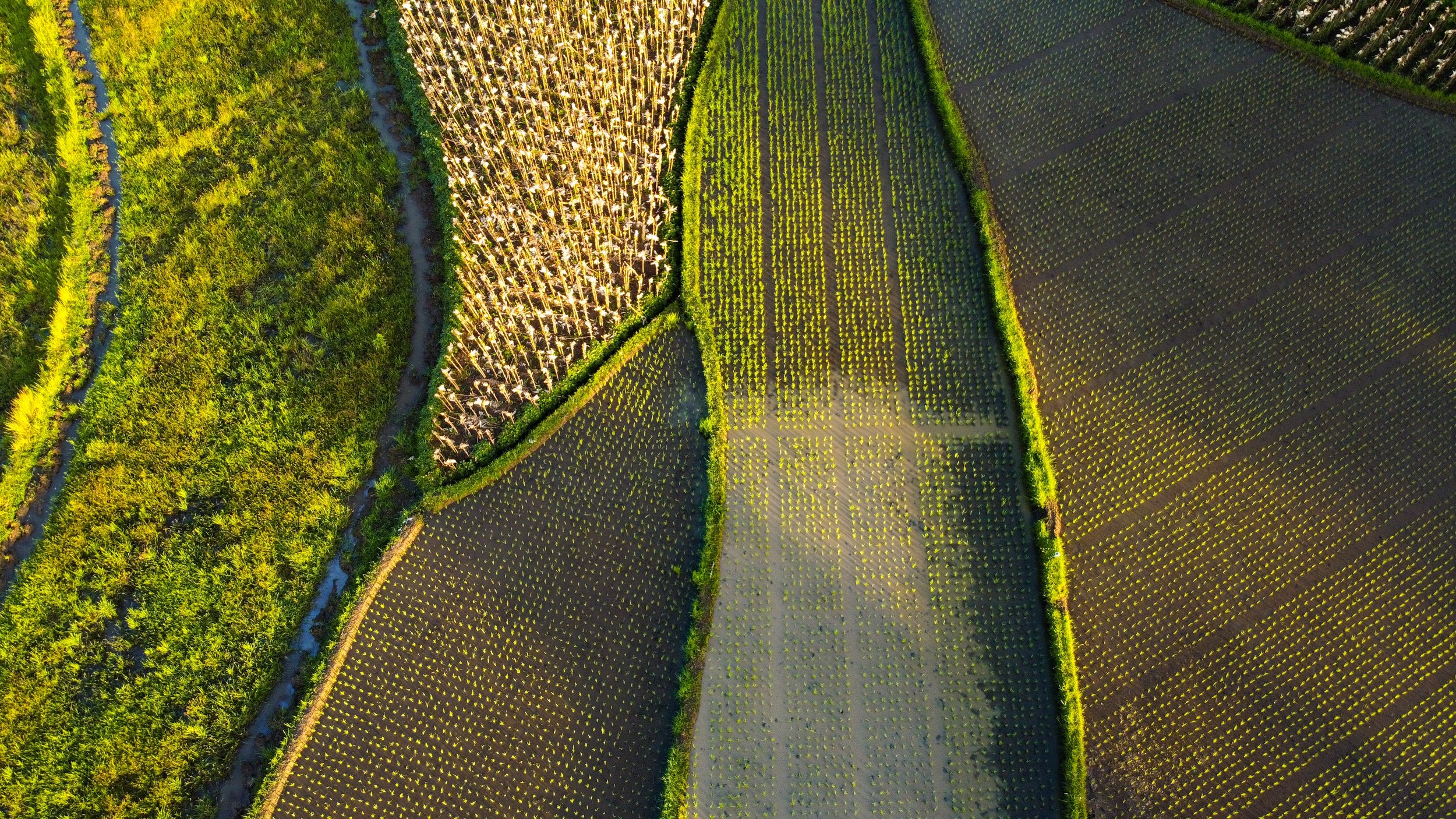Alternative Fuels and Policies to Lower their Carbon Intensity
We delve into the role of policies to increase the climate benefits of biofuels and Sustainable Aviation Fuels and contribute to rural communities’ economic viability. This webinar discusses the opportunities for increasing the climate benefits of these fuels and the effectiveness of using carbon intensity score-based policies to induce the adoption of climate-smart practices -- practices that increase biological carbon sequestration — by farmers producing feedstocks for these fuels.
Brandt Forum Fall 2023: Opportunities and Challenges for US Agriculture and the Environment Part II
While economists recommend using market incentives, there is the widespread use of regulation to achieve agricultural and environmental resource management objectives. This workshop explores new vantage points to explain this reality, emphasizing political economy, irreversibility, and supply chain perspectives.
Food Hubs and Farm to School: Policy and Impact Across the Food System
The October C-FARE webinar highlights two “almost direct to consumer” food distribution models. Our four panelists representing government (USDA) and research (University) discuss policy and marketplace impacts of Farm to School and Food Hubs. Both of these models of food system intermediaries reach across the food system from farm production through distribution to the consumer, whether that be an institution or an individual.
Where are the jobs in food and agriculture, and how to support students in getting into the workforce?
The barriers and challenges of recruiting and retaining students to focus on agri-food-related jobs come from different perspectives and resource limitations, especially the transition from high school to college[1].















